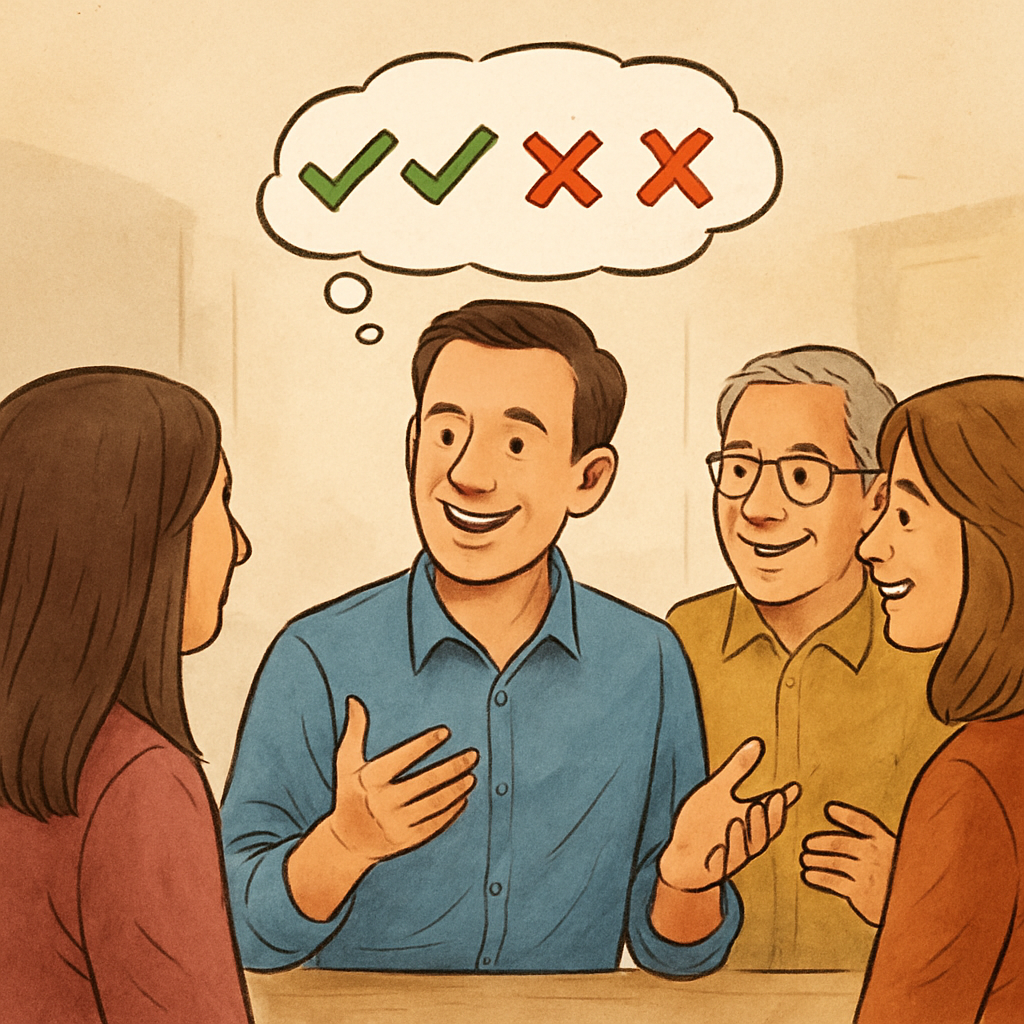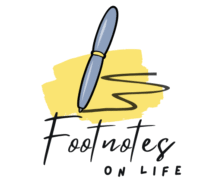
We all have our list.
That invisible list of things we just don’t want to do. For some, it’s sorting out old paperwork. For others, it’s talking to a certain type of person, driving through traffic, shopping for groceries, or even—brace yourself— just shopping for new clothes!
Yes, such people exist. I’m one of them.
Everyday life is filled with these small landmines of irritation. And what do we normally do? Avoid. Delay. Pretend it doesn’t matter. Or grumble while doing it, as if our grumbling will somehow make the experience disappear.
But what if, instead of avoiding these annoying little tasks, we hit pause and asked ourselves a simple but powerful question:
“Why does this bother me?”
Sounds simple, but it’s a diagnostic question. The kind your doctor would ask before sending you for bloodwork. In health, we don’t just say “I’m tired” and pop a pill. We dig deeper—blood reports, scans, root causes. And only then, the doctor prescribes the fix.
So why don’t we do this with our inner annoyances too?
Let’s say you hate driving in traffic. It’s not just the vehicles or the pollution or the noise. Maybe, deep down, your brain is associating it with something else. Maybe a few years ago, you had a flat tire during peak hours, felt stranded, helpless—and that memory quietly attached itself to the act of driving. Now, every time you get behind the wheel in traffic, your body goes “Nope, don’t like this,” without even telling you why.
It’s like unresolved emotional debt—interest keeps adding up.
Same thing with talking to certain people. Maybe they remind you of someone who dismissed your ideas. Or maybe they trigger a feeling of inadequacy that you haven’t unpacked yet.
These dislikes aren’t random. They’re emotional diagnostics. Like little blinking lights on your dashboard, warning you about something deeper.
And if you do pause, and if you’re willing to feel a little uncomfortable by digging into the “why,” you’ll often find that the original discomfort is outdated. It just needs to be acknowledged, addressed, and released.
And just like that, poof—it stops bothering you.
Suddenly, that conversation doesn’t feel so heavy. That drive feels manageable. That pile of papers stops screaming at you from the corner of your desk.
Once you fix the root, the branches stop flailing.
So here’s a little life experiment: The next time something irks you, instead of brushing it off, sit with it for a second. Not to wallow—but to understand. Ask yourself, gently but honestly: “Why does this bother me?”
Your mind, like your body, wants to heal. Sometimes, it just needs a little introspection instead of more distraction.
Because the truth is—once you figure out the flat tyres of your mind, you’re free to move. Effortlessly.
